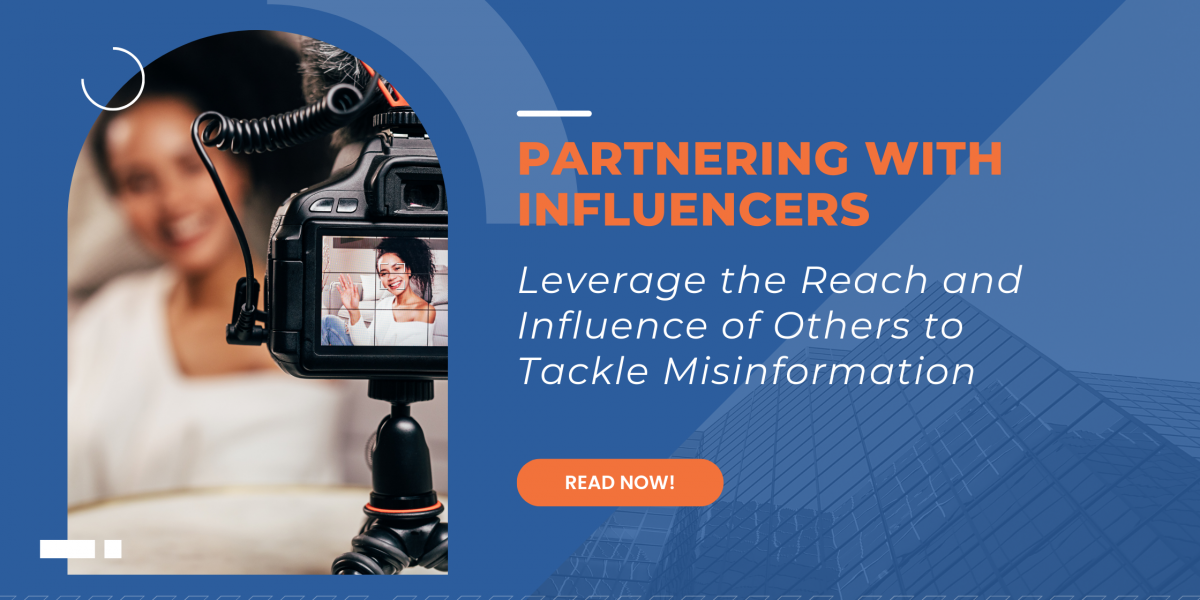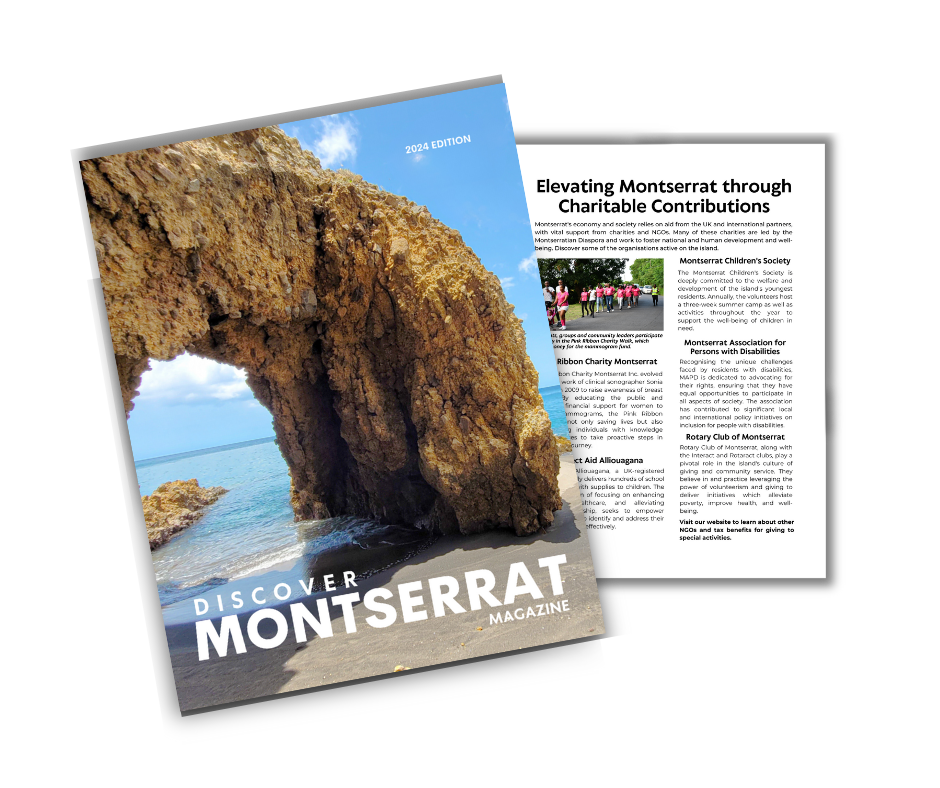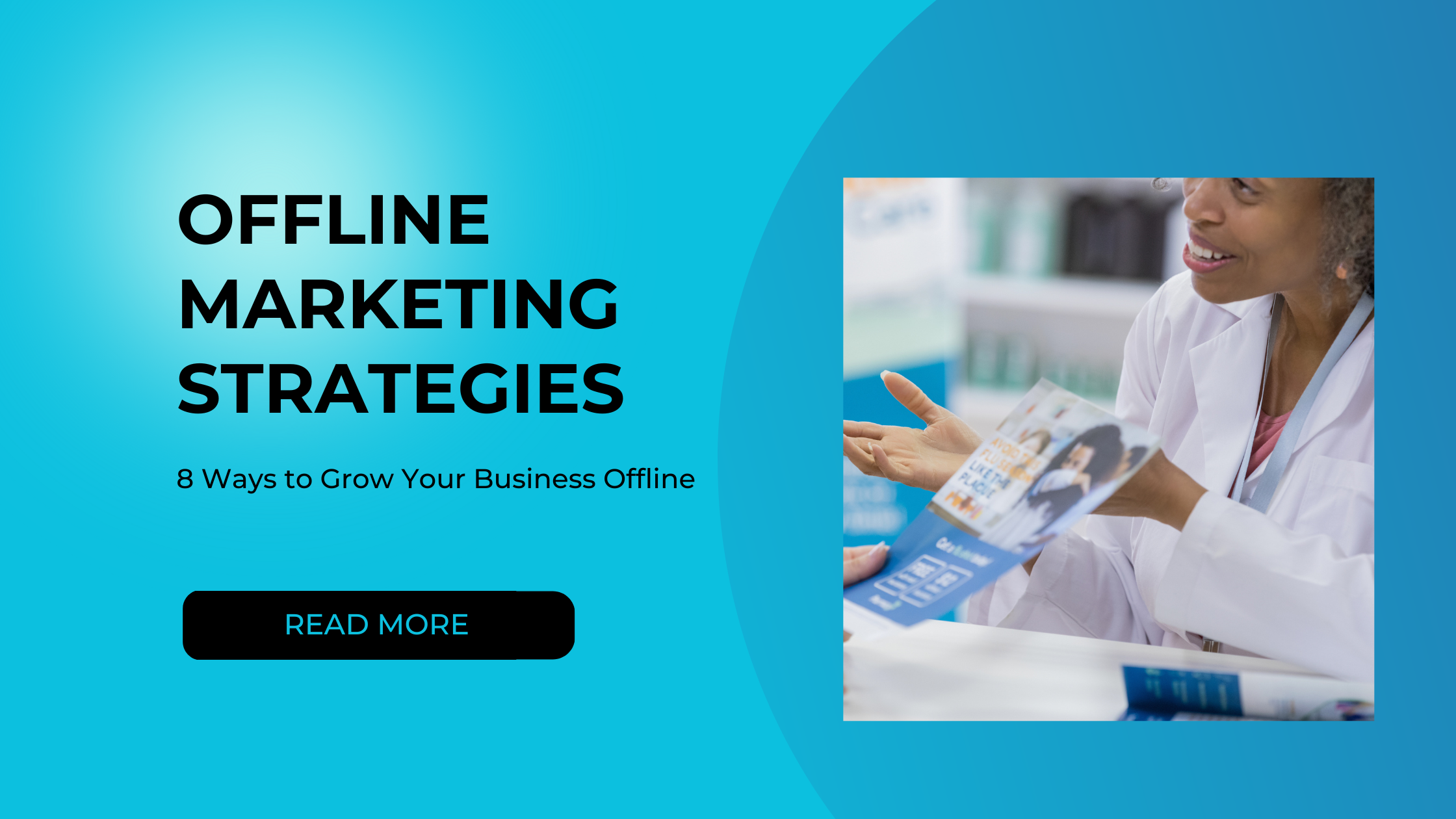###This story was written with Chat GPT. The Mariposa Bug is fictional!
The Tale of the Mariposa Bug and the Digital Heroes
Once upon a time, on the lush, vibrant island of Green Pond, a crisis loomed large over the verdant fields. A harmful bug, known as the Mariposa Bug, began to attack the crops, threatening the livelihoods of countless farmers. The situation was dire, and misinformation about the bug was spreading like wildfire, causing panic and confusion among the farming community.
Enter the local Agriculture Department, a team dedicated not just to the health of crops but also to the truth. They knew that in order to manage this crisis effectively, they had to combat the misinformation that was spreading as rapidly as the bug itself.
The department launched a proactive campaign, partnering with a group of popular social media influencers who were deeply rooted in their communities. These influencers were educated about the Mariposa Bug – the real facts, how it spread, and effective methods to combat it.
One influencer, Lucia, a well-known figure in the farming community, used her platform to share accurate, easy-to-understand information about the bug. She posted videos showing the right pesticides to use, and methods to protect the crops. She also debunked common myths that were causing panic among the farmers.
Another influencer, Carlos, who was famous for his humorous take on serious issues, created engaging content that captured the attention of the youth. He used catchy songs and skits to educate his audience, ensuring the message spread far and wide.
The Agriculture Department itself kept up a steady stream of information through their channels. They provided real-time updates on the bug’s spread and effective containment measures. They also set up a hotline for farmers to report sightings of the bug and receive immediate assistance.
As the campaign gained momentum, more and more farmers began to understand the reality of the situation. They followed the guidelines provided, and slowly but surely, the tide began to turn. The spread of the Mariposa Bug was contained, and the crops were saved.
But the story doesn’t end there. The success of this campaign led to a lasting change in how information was disseminated in the community. The Agriculture Department continued to work closely with influencers, realizing the power of their reach and credibility.
The farmers, now more informed and equipped, were no longer swayed by rumors and false information. They knew that they had a trusted source of information, a shield against the chaos of misinformation.
And so, the crisis of the Mariposa Bug became a turning point for Green Pond. It was a tale of unity, of how a community came together to face a challenge, not just with pesticides and tools, but with the power of accurate information. The fields flourished once again, and the farmers smiled, knowing that they had overcome not just a bug, but the shadow of misinformation that loomed over their lands.
Download our Misinformation Preparedness Checklist to assess your organization’s readiness to handle misinformation.
Partnering with Influencers to Combat Misinformation
In the age of digital media, misinformation has become a pervasive challenge, spreading rapidly across social media platforms, and often causing significant harm. In the Caribbean, where vibrant online communities thrive, the battle against misinformation is crucial. One innovative approach to this issue is for Caribbean governments to collaborate with social media influencers. Here’s how they can do it effectively:
Identifying the Right Partners
The first step is identifying influencers who resonate with your audience. These are not just individuals with large followings but those who have earned the trust and respect of their communities. They could be in various niches – from entertainment and lifestyle to health and education.
Educating and Empowering Influencers
Influencers need to be well-informed to combat misinformation effectively. Governments can organize workshops and training sessions to educate them about the dangers of misinformation, how to spot it, and ways to fact-check information. This empowers influencers to not only avoid spreading misinformation themselves but also to act as informed debunkers.
Creating a Network of Trusted Voices
By establishing a network of influencers committed to disseminating accurate information, governments can ensure a rapid and broad response to emerging misinformation. This network acts as a force multiplier, spreading correct information quickly and effectively.
Collaborative Content Creation
Governments and influencers can collaborate to create content that is both engaging and informative. This can range from simple, shareable infographics to more elaborate video messages or social media campaigns. The content should be designed to debunk myths and promote information in an appealing and accessible manner.
Tailored Messaging
Understanding the diverse cultural context of your island is key. Influencers, being part of these communities, can tailor messages in a way that is culturally relevant and resonant. This localizes the fight against misinformation, making it more effective.
Leveraging Different Platforms
Different traditional and digital channels have varying levels of influence in the Caribbean. In islands like Montserrat, Antigua & Barbuda and much of the Eastern Caribbean community radio shows are a critically important voice. While many will want to focus on free channels like social media, governments and influencers should strategize on which platforms to prioritize for different types of messages, ensuring the widest and most effective reach.
Monitoring and Responding
Rapid response to emerging misinformation is crucial. Governments, with the help of influencers, should monitor social media for false information and quickly provide factual counter-narratives.
Promoting Digital Literacy
Influencers can play a significant role in promoting digital literacy among their followers. By regularly discussing the importance of verifying sources and not sharing unverified information, they can cultivate a more discerning online community.
Encouraging Community Engagement
Encouraging followers to ask questions and engage in discussions about potential misinformation can create a more active and informed community. This also helps in identifying what misconceptions are prevalent and need addressing. Provide influencers with a list of frequently asked questions that they can use as a starting point for providing the right information.
Building Long-Term Strategies
Finally, this should not be a one-off campaign. Misinformation is a continuously evolving challenge. Long-term strategies involving ongoing collaborations with influencers can provide sustained resistance against the spread of false information. Developing legal, technical, and social frameworks for managing misinformation is critical to building on the progress achieved.
By partnering with influencers, Caribbean governments can take a proactive and effective approach to combating misinformation. This strategy leverages the trust and reach of influencers to promote accurate information and foster a more informed and resilient online community. As the digital landscape evolves, such collaborations will be crucial in ensuring the integrity and health of public discourse in the Caribbean.
Download our Misinformation Preparedness Checklist to assess your organization’s readiness to handle misinformation.




